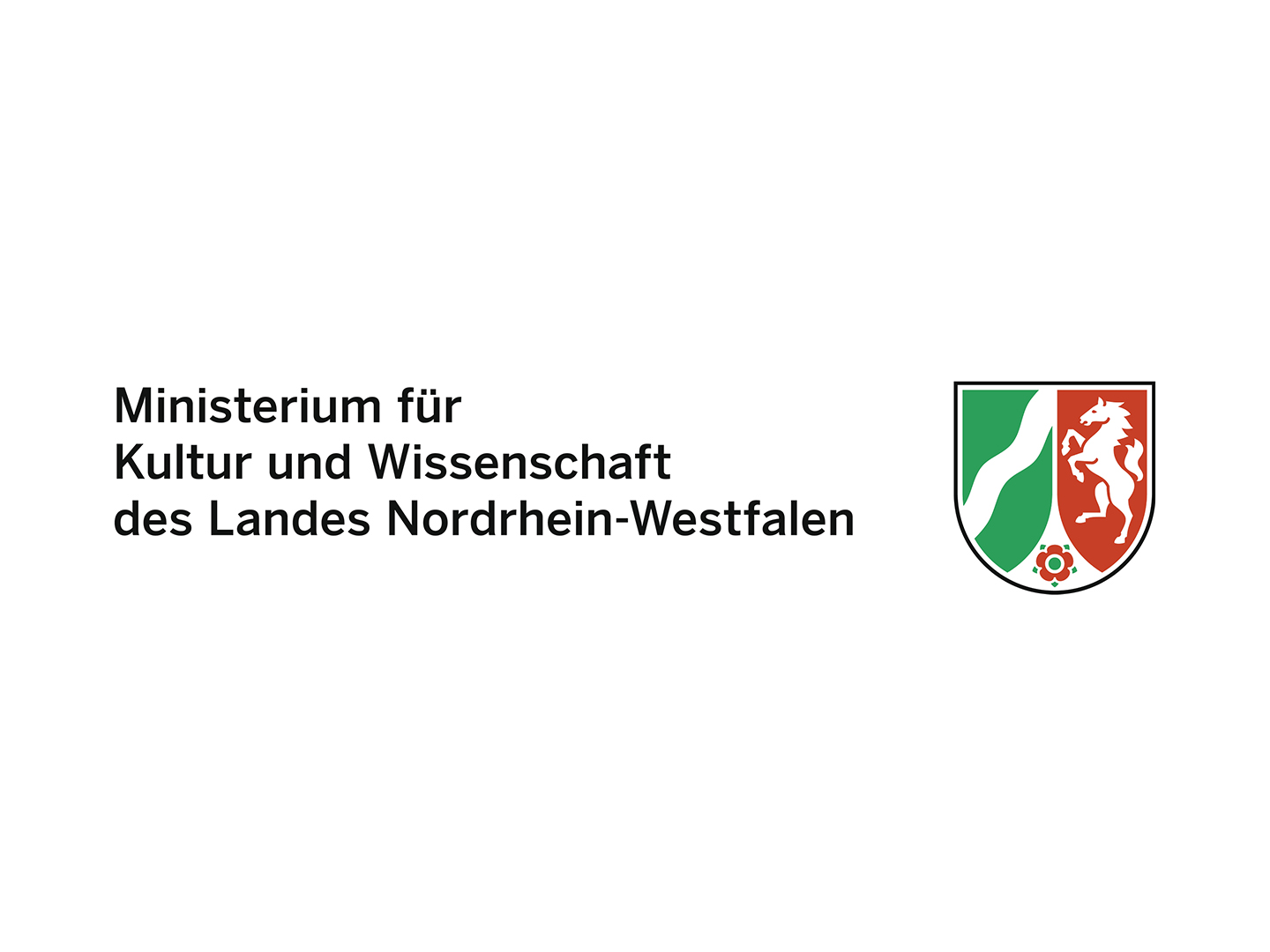Project objectives: Jointly define measures for a sustainable and environmentally friendly textile industry
2 to 10 percent of the EU's environmental impact is attributable to clothing consumption. The EU is therefore initiating a transformation of the textile industry with the Strategy for Sustainable and Circular Textiles (EU-SnkT) and is calling for sustainable and circular textiles. The necessary transformation poses major challenges for small and medium-sized enterprises (SMEs) in this sector in Germany. The new cooperation platform "KlarTEXt" has therefore set itself the goal of bringing together players from the textile industry and textile science in order to pool the need for innovation, identify obstacles to a sustainable textile industry and develop and implement measures for a socially and ecologically sustainable textile industry.
 Fraunhofer Institute for Environmental, Safety and Energy Technology UMSICHT
Fraunhofer Institute for Environmental, Safety and Energy Technology UMSICHT